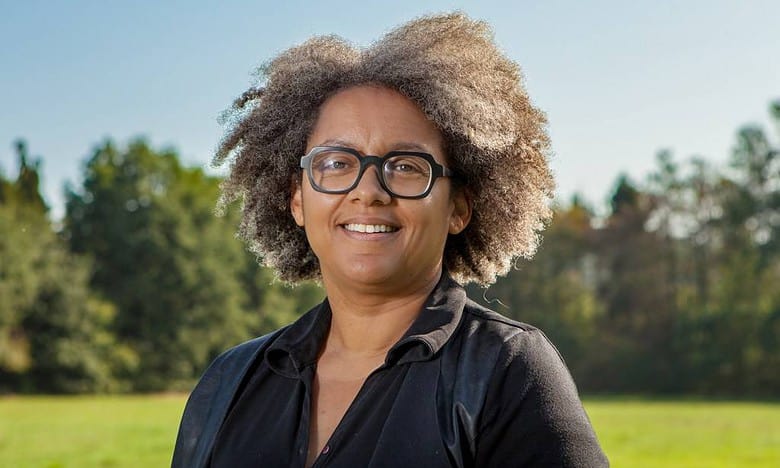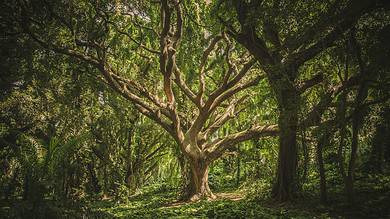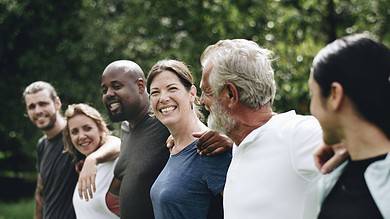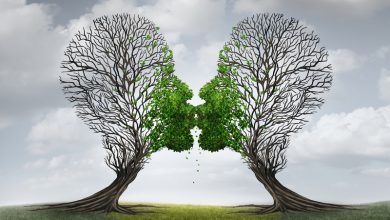
The word centipede is not unjustified when talking about Trees De Bruyne. She is blessed with an analytical and creative brain and an appetite for new knowledge. In an ideal world, she can motivate, guide and coach people to discover new horizons or “do it” differently.
After years of working mainly with “storytelling” in the creative sector of theater, events, television, film, …she made a move to the technological side of storytelling with the advent of the “digital switch. From games & apps to large digital archiving projects or AI driven CRM systems. Today she mostly resides in deep-tech start-ups and scale-up world. A world of VCs, Business Angels and lots of buzz words. Where everyone is always looking for the “next best hype. In which the hunt for additional capital for those startups is daily survival.
Now for me, “technology is but a means to an end.” Ultimately, it should be about how to use that technology to make a difference.
Covid-19 not only turned the world upside down, but a number of events in her family where people literally pulled the plug got her thinking. She was also concerned about her fears that the climate debate will be completely snowed under.
Surely there must be something we can do ourselves to combat this climate change. How about we do it ourselves?
It started with a course in “Garden Design” and a lot of research and grass-thinking to get smart with her own garden. If it must be able to be self-sustaining so at least you always have bread on the table. After some searching, she came across a documentary by Robert Hart, a food forest pioneer.
Robert Hart, a former journalist with Reuter was inspired through his work by Ghandi, who believed that self-reliant small communities were too key to success and Toryohiko Kagawa , the founder of the “cooperative” movement. During the war, he worked as a “code-cracker” and then decided to take a drastic turn in his life.
Not only did he want to find a way to eliminate food poverty. But he was also looking for a way to combine this with caring for his disabled brother. Previous classical ways of growing food proved far too labor-intensive. On some 500m2 of land, he set to work on the concept of “food forest.
This form of “lazy gardening” has long proved its worth. Not only do you draw the map of biodiversity, but in the meantime, that edible forest brings goodies to the table for humans and animals. We are now some 30 years later and his “life’s work” has inspired many people. Robert Hart passed away in 2000. But we are happy to continue his work.



